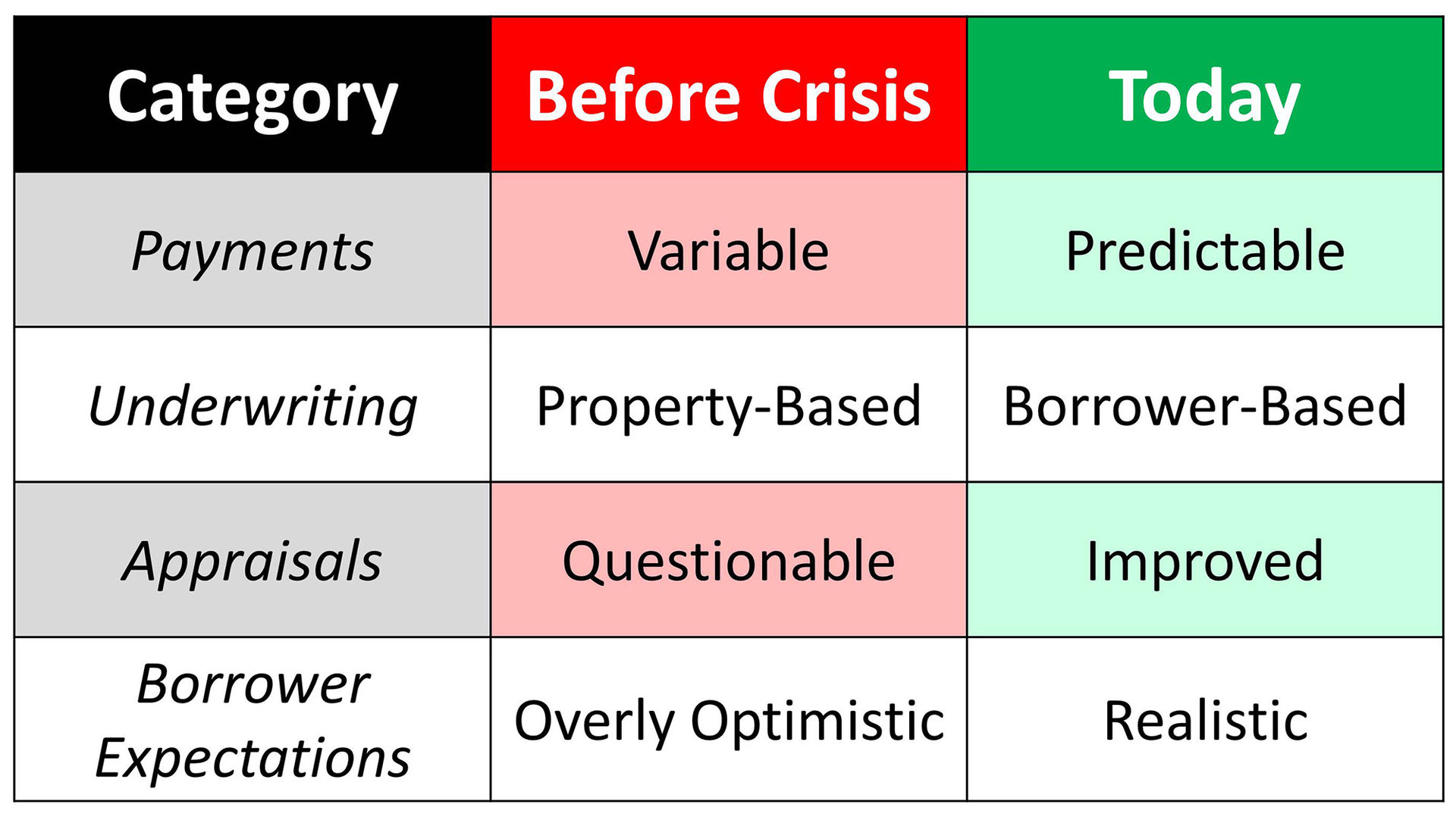7 EASY WAYS TO DRESS UP AN ENTRYWAY
The entryway or foyer of your home conveys an important first impression to your guests. For homeowners bent on making it a great first impression, designers at ElleDecor.com suggest seven easy ways to make an entryway look larger, brighter, and more welcoming.
Use the power of mirrors – A well placed mirror can instantly open up a space and add a luxurious feel. Splurge on a good one.
Keep fresh flowers on hand – Nothing freshens up a room quite like a vase full of fresh flowers. They are aesthetically pleasing and will keep your entryway smelling wonderful. Using long-lasting silk flowers will hold down monthly costs, but think about replacing them with fresh flowers before a dinner party or other events.
Play with patterns and colors – Your entryway should reflect your personal style. Add a jolt of color, especially in a light, bright foyer, or bring in an unexpected wallpaper pattern to turn the space into something special.
Rethink the lighting fixtures – Swap out the lighting fixtures that came with the house for something you really love. The right overhead chandelier or well-detailed wall scones can add drama and grace to any entry.
Add a statement piece – It may be a patterned rug, tufted bench, a console table or a pair of smaller tables. There should be some element in your entryway that serves as a centerpiece and set the tone for the rest of your home.
Do use some artwork – Art bring a level of elegance to a room. A well placed piece of art, or a gallery wall of small pieces, can be the perfect finishing touch for an entryway that reflects your taste and style.
Don’t overcrowd the space – If you have an entryway big enough for several pieces of furniture, by all means go for it. But if the area is on the small side, skip the console table because the area will look better with just a few small pieces. A plant stand and a mirror may be all that is needed to dress up a small entry.
When you are ready to change entry way, call text or email.









![Home Prices Up in 93% of Measurable Markets [INFOGRAPHIC] | Simplifying The Market](http://www.simplifyingthemarket.com/wp-content/uploads/2015/08/20150821-Metro-Prices-Graph-STM.jpg)














